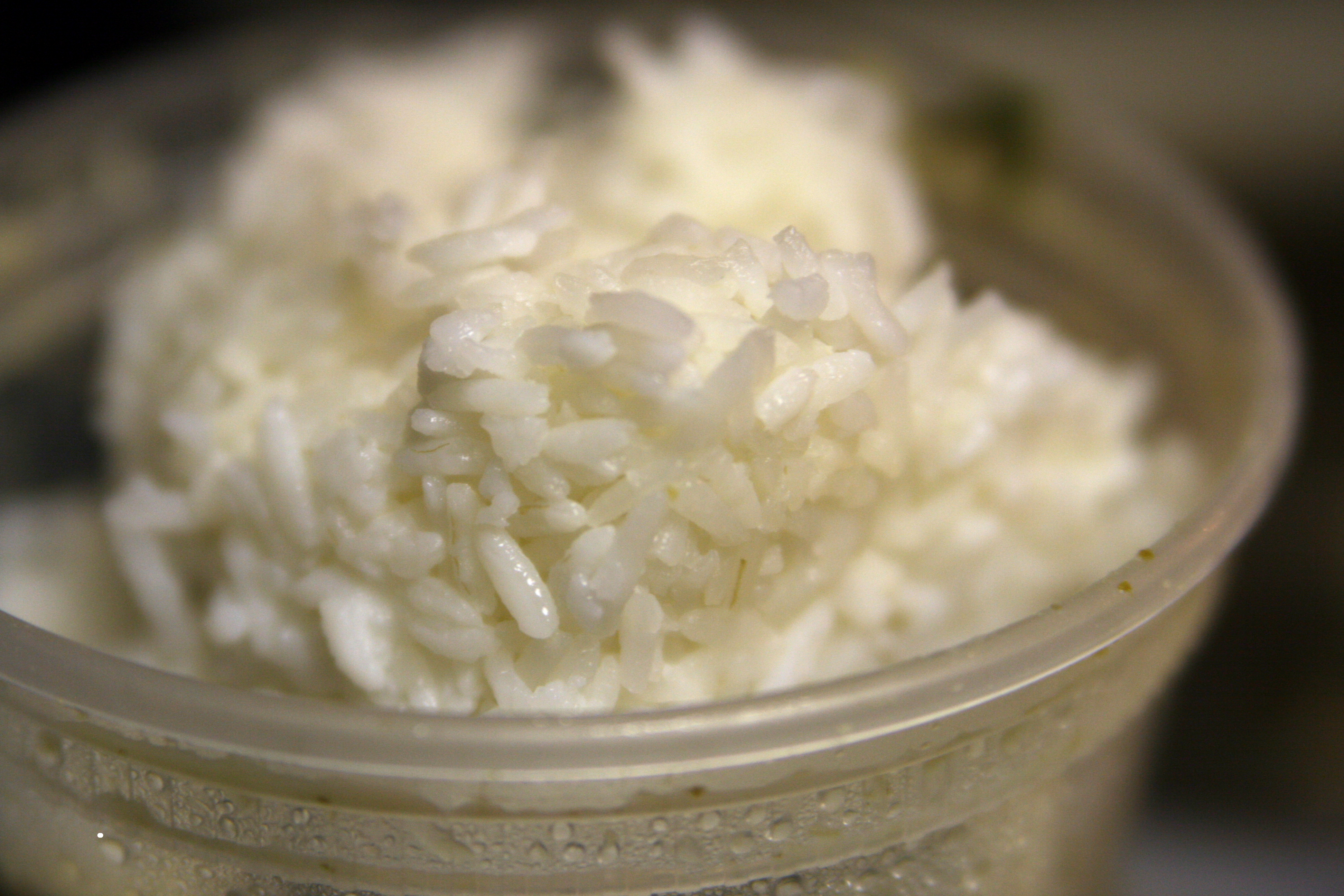How Long Can You Really Keep Your Leftovers?
By:
My boyfriend had Thai food delivered a week ago, and it’s still here. I like curry as much as you do, but that dang massaman concoction has been sitting in the fridge, lo, these seven days. Is it safe to eat? To answer this most pressing of questions, I did what anyone would do: I asked a biologist, a nutrition writer, and the Centers for Disease Control and Prevention.
 Flickr/Quinn Dombrowski
Flickr/Quinn Dombrowski
To understand why food decays and becomes inedible, you have to first accept this simple tenet: Food is a construct.
That might sound like a very hippy-dippy, “I eat sunlight,” kind of thing to say, but it’s true. As popular nutrition blogger Dr. Ricky of Science Based Cuisine told me: “Food itself is really a cultural construct. What is considered food in one culture may be completely inedible or taboo in another. Consider, for example, that a hamburger isn’t edible to a vegetarian. There are lots of things that may be biologically edible to you, but you wouldn’t consider food.”
True. As a vegan, I can verify that a hamburger looks, to me, like poop on a plate. But I certainly know that it is edible from a gastrointestinal standpoint.
Likewise, someone with pica — an eating disorder in which the person is drawn to eat things like sand and chalk — might have a very different definition of “edible.”
Generally, though, we define “food” as anything that has nutritional value and provides energy for animals (including humans) or plants. And we tend to think of food as a ticking time bomb: Once it’s on your plate, or in your doggy bag, it’s waiting to “turn” (whatever that means) and become inedible poison, just waiting to kill you and your toddler.
On the other hand, some foods only become delicacies once they begin to rot, wine and cheese being the obvious examples, Dr. Ricky said. The popular soybean cake tempeh is also fermented, meaning it is treated with Rhizophus oligosporus, a benign fungus that binds the beans together. And as every know-it-all 10th grader will tell you, mushrooms are a fungus.
If you see mold on your spaghetti, however, that’s another matter. A good rule of thumb is: If it wasn’t prepared with mold, don’t eat it with mold.
But why do some foods rot faster than others?
“Naturally? Because some living creatures have static defenses that hold up longer after death,” said University of Minnesota Morris biology professor P.Z. Myers. “Vegetables rot more slowly than meat, for instance, because plants have relatively indigestible cell walls that take more time to break down, while animal cells just have a tasty and relatively fragile lipid membrane as a barrier. Fat content also affects decay: Fats break down into acids by either chemical reactions with the air or by digestion by bacteria.”
There are other pieces to the puzzle. Organisms have enzymes that would eat their host cells were it not for the cells keeping them in check, Myers said. Once the organism dies, those enzymes go hog wild, promoting decay. The same thing happens when plants are uprooted or picked, hence the life story of the browning banana.
Those who eat meat have something else to contend with. Animals have bacteria throughout their bodies, and especially in their gastrointestinal tract. “Sad to say,” Myers said, “slaughtering unavoidably releases them to contaminate meat. Plants don't have that issue.”
Of course, modern cuisine has sidestepped some of these issues by adding preservatives to food. These preservatives are chosen specifically because they are safe for humans (and their animal companions) to eat. With rare exception, an FDA-approved preservative is going to be far better for your body than any pathogen it’s keeping at bay.
So, then, is there a rule of thumb for when you can eat your leftovers?
I asked Myers. “Are you hoping for an equivalent to the five-second rule for dropped food? Because there isn't one,” he said. (Technically, the five-second rule is also a myth.)
The CDC offers you a general idea, though. As long as they have been refrigerated consistently, most items will last at least two days, and some up to five. Once it’s unpackaged, meat is the quickest to turn bad. But lest the vegans think we’re safe, one of the most deadly toxins, botulism, is almost exclusively found in canned fruits and vegetables. So always read the expiration date and never eat something that smells, spores, or squirts.
I have to go throw out some curry.
